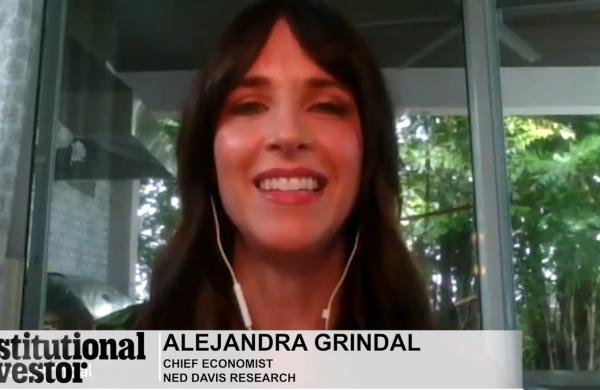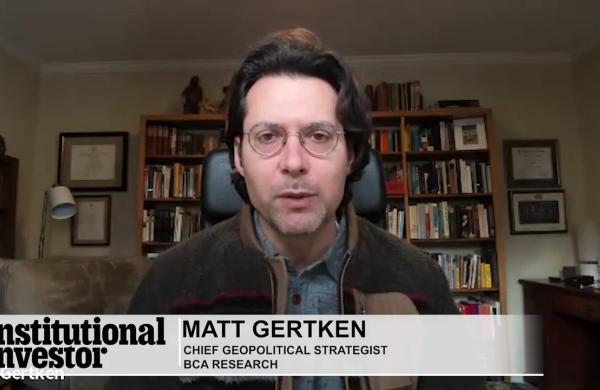Nuts-and-bolts applications of online finance continue to outperform more esoteric Internet products. And few areas are more basic, or potentially more lucrative, than electronic bill presentment and payment.
By Jeffrey Kutler
May 2001
Institutional Investor Magazine
Nuts-and-bolts applications of online finance continue to outperform more esoteric Internet products. And few areas are more basic, or potentially more lucrative, than electronic bill presentment and payment.
To date, most of the hype about the sector, known to practitioners as EBPP, has revolved around consumer billing. CheckFree Corp., the largest and best-known EBPP processor, enables 5 million U.S. consumers to pay bills electronically. But such business-to-consumer activity has never lived up to expectations, falling well short of the popularity of other online banking and brokerage services.
Now banks and technology suppliers are flocking to the business-to-business side of EBPP. The basics are the same as in B2C billing - an electronic invoice that triggers an automatic payment - but the B2B trade demands much more in the way of reconcilement and treasury management functions.
The B2B label, recently besmirched in other e-business contexts, still has the old allure in EBPP. "Seeing the number of players coming in, you would never know there's a dot-com funding problem," says Russell Schmalz, online financial services research director at Aberdeen Group in Boston.
According to a report that Aberdeen published last summer and is currently updating, sales to banks and others of B2B billing services and software jumped from a trifling $5 million in 1999 to $40 million in 2000. But that was still dwarfed by the $311 million related to B2C. Aberdeen sees the B2B portion nearly catching up to B2C by 2005, when both together would approach $2 billion.
Bankers are catching on to the fact that the B2B market offers a more enlightened customer base that moves much more money per account. "This is a business that needs infrastructure, and the banks are in a position to provide it," says William Randle, executive vice president of e-Huntington, the online arm of Columbus, Ohio-based Huntington Bancshares.
Those waking up to B2B billing sound like the dot-com enthusiasts of two to three years ago. "For the first time we have technology that will not just automate traditional transaction processes but will fundamentally change business models," says Geoff Garden, Deutsche Bank's head of corporate cash management for the Americas. In contrast to simple B2C billing, "a B2B transaction can be extremely complex, involving more than one division of a company," Garden explains. "If there is one small discrepancy or dispute, a whole long list of payments can get held up, causing major problems for the biller and the payer."
Deutsche is banking on the BillerXpert technology of iPlanet E-Commerce Solutions, an affiliate of Sun Microsystems and AOL Time Warner, to solve those problems. The bank introduced its db-eBills service in Asia last July, and a U.S. release is set for the second half of this year.
Smaller banks are also pushing into e-billing. Pittsburgh-based PNC Financial Services Group, for example, put $50 million into receivables-related technology over the past year, including a stake in a joint venture with Perot Systems Corp. called BillingZone. Wells Fargo & Co. has joined Citigroup as an investor in FinancialSettlementMatrix.com, which offers payment services to online B2B exchanges.
Bidding to be the CheckFree of B2B is Portsmouth, New Hampshire-based Bottomline Technologies, whose software runs the corporate billing services of FleetBoston Financial Corp. and Citigroup. Meanwhile, an alliance of VeriSign and First Data Corp.'s eONE Global affiliate is developing an online invoicing service.
Deutsche has yet to reveal any big-name customers, but rivals haven't been bashful. BillingZone recently snared Procter & Gamble Co., and Bottomline signed Boeing Co.
To be sure, the B2B focus didn't prevent Bottomline's stock from plunging B2C-like in early April to $3, off 95 percent from its year-earlier $55 peak. But Aberdeen's Schmalz says not to worry: "Automation can take tons of cost out of the system. Banks and their customers have a lot to lose if they don't attack this space."





